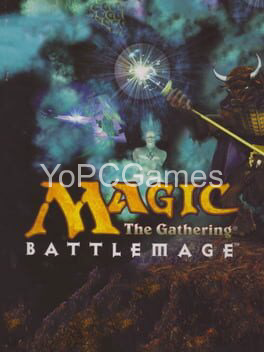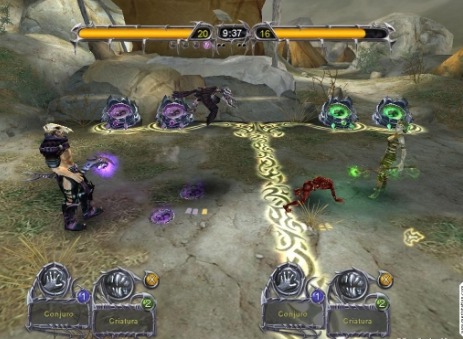

And I'd like it to have a more distinct visual style, although that's tough when you've been so thoroughly ripped off by others. I wish Arena weren't missing some of its competitors' features, particularly a friends list so I don't have to type in someone's username to challenge them or find them on Discord first. I've thoroughly enjoyed being beaten by similar combinations, such as one that revolved around using gates instead of land, followed by Gates Ablaze (which does x damage per gate) to clear my entire force, and Gatebreaker Ram (which gets +1/+1 per gate you control) to finish me off. The first time that happened I was like Ron Burgundy in Anchorman when his dog eats all the cheese: Too impressed to even be mad. I could have stopped them if I'd managed to play the card that resummons my dead defenders from the graveyard, but it was counterspelled at the last minute. The first time I saw this I was playing a vampire-heavy deck that bypassed those wolves to drain my opponent's life direct, and got them down to their last three points before the wolfpack overran me. The trick is combining it with a deck full of instants so you do your casting on your opponent's turn while your wolf army grows. There's a popular deck based around Nightpack Ambusher, which gives you a free wolf if you don't cast spells on your turn. At the far end of the possibilities you're pulling off interactions that end with eight monsters on a board that was empty at the start of the turn, or dealing 42 damage in a single round. When you play a card that gives bonus life when you summon something else, then follow it with a summon that gets powered up when you gain life, it feels like a tidy one-two jab. It's a vital part of a game with a huge number of esoteric combos, which are fun when you interrupt them or when you pull one off. Just like Merlin you can be faced with an elephant that's about to crush you and then turn into a mouse and frighten it away. The benefit of this system is the turnarounds it enables. It also gives an opponent who is mad you've taken the lead lots of opportunities to drag things out. In a videogame it can make for a stop-start experience where you have to click Next or Pass repeatedly just to let the game know you don't want to interrupt during this phase, and no, not the next one either (although pressing shift-enter lets you skip to the end). At the table this promotes a snappy back and forth. Spells marked instant can be cast with leftover mana on an opponent's turn.

The other thing that's always been a part of Magic is interrupts. However, when I have one of those games where I don't draw enough land cards to do anything even though there's 24 in this deck of 60 (which happens often enough that conspiracy theorists are convinced the shuffling algorithm is broken), suddenly nostalgia dries up and I realize maybe simplifying this into "one more mana each turn" was actually a good idea.

Something about putting down land at the start of my turn and then tapping it turns a valve that releases high-grade uncut nostalgia right into my nasal mucosa. Most cards require at least one mana of an appropriate color, and some extra that can be any flavor. Forests give green mana, swamps give black, islands blue, etc. One is that rather than simply gaining mana every turn you have to play land cards, then tap them-tilting them at a slight angle rather than the regulation 90 degrees of the tabletop version, mercy me-for their colored mana. Despite the similarities (spending mana to play cards, faces with life points that have to be smacked away by summoned creatures, creatures on the edge of the board you click to see a cute animation), a few of the bumps Hearthstone smoothed over will catch your feet. If you're not coming to Magic from the table-if you're here via Hearthstone or the like-some of Magic's assumptions may seem strange.


 0 kommentar(er)
0 kommentar(er)
